Buying property in Canada as a foreigner
Read our comprehensive UK guide to buying property in Canada as a foreigner, including average prices, fees, taxes and where to start house hunting.
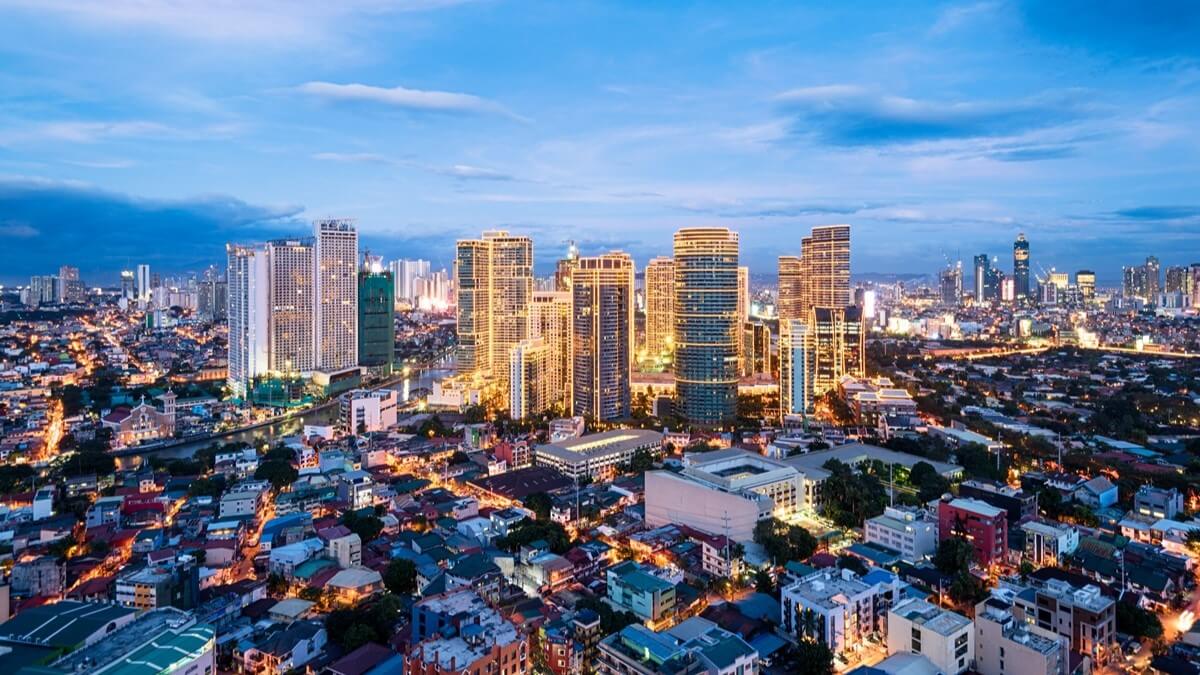
There are lots of UK expats in the Philippines, who’ve headed there to live, work or retire in a beautiful tropical island nation.
If you're thinking of joining them, then you might be considering buying a property. You might be looking for a permanent or holiday home, or perhaps an investment property.
In this guide, we’ll take a look at how mortgages work in the Philippines, as this may be how you finance your purchase. We’ll run through the type of mortgages available, and how you might go about applying for one.
Plus, info on which banks offer mortgage products in the Philippines to non-residents, the paperwork you'll need to secure a loan, the legal ins and outs, and how much it might cost.
And if you’re looking for ways to save money on currency exchange when sending a down payment or mortgage fees to the Philippines, make sure to check out the money services provider Wise.
You can send large transfers with Wise for low fees* and great mid-market exchange rates - making it ideal if you’re sending a secure international transfer.
You’ll find both local and global banks in the Philippines offering a wide variety of mortgage products. They are generally known as home loans or housing loans.
The main types to know about are:
A fixed rate mortgage has a fixed interest rate for a set period, which in the Philippines is usually between 1 and 5 years.1 As the rate stays the same, your monthly repayments won’t change.
This type of mortgage has a variable interest rate, which may fluctuate due to changes in the banking market or wider economic situation. With variable rate mortgages, your monthly payments may rise or fall.
Major Philippine banks such as BPI also offer specialist home loans designed for specific purposes. For example, solar mortgages to finance the installation of solar power systems, loans for renovation or construction, and even eco build financing for those wanting to build their own sustainable home.
Using a broker to get a mortgage could cost you in fees, but it’s also a useful service if you’re unsure of the best type of mortgage to fit your situation. It can also be helpful for UK expats and other foreigners who aren’t familiar with the mortgage market in the Philippines.
You can of course, go to a bank directly, but using a broker could be helpful to ensure you get the best possible deal. An alternative if you really don’t want to pay broker fees is to use a mortgage comparison site, which will at least give you a picture of the rates on offer from different banks. Then you can contact individual banks about your personal eligibility.
Just be wary of fraudsters who claim to be brokers - especially if they ask for upfront fees. Take recommendations from friends or family when choosing a mortgage agent, or ask to be put in touch with previous customers for a reference.
It’s possible to buy some property in the Philippines as a foreigner, but you can’t buy land.2
What that means in practice is that you can buy a condo or sign a long-term leasehold agreement (like buying leasehold property in the UK), but it’s much harder to buy other types of property. There are exceptions of course, such as if you’re married to a Filipino citizen.
It used to be very difficult to get a home loan as an expat in the Philippines. And banks such as BPI3 and RCBC4 still have the requirement for foreigners to apply through a Filipino spouse in order to access one of its standard home loans.
However, it isn’t impossible for a foreign national to get a mortgage in the Philippines, as some banks are starting to offer expat loans. For example, Metrobank appears to accept home loan applications from foreign citizens.5
Exactly how easy it will be to get a home loan as a foreigner in the Philippines will depend to a degree on your visa type and personal circumstances.
To understand your eligibility, it’s a good idea to meet with a few banks to discuss your situation, or hire a qualified broker who is experienced in working with foreigners.
As a foreigner, it’s likely that you’ll have to provide a little extra documentation to back up your loan application, including your ACR certificate, and your visa.
However, aside from this, the requirements should be fairly straightforward and similar to the process used for local applicants.
The exact documents you'll need will depend on the bank you use. However, you can expect to be asked for the following:2
Depending on the language they’re issued in, you might find that your paperwork will have to be translated by a sworn translator in order for the bank to accept it.
To get a mortgage in the Philippines, you’ll generally need to follow these steps:
When you arrange a mortgage, whether you choose to do so in the Philippines or in your home country, you’re likely to have fees to pay such as administrative fees and legal costs. The exact costs will vary depending on your circumstances.
But here’s a general idea of fees which may apply when getting a mortgage in the Philippines:5
| Fee type | Fee |
|---|---|
| Appraisal fee | 4,000 to 4,500 PHP |
| Title investigation fee | 1,000 PHP |
| Registration fee | Varies |
| Notarial fee | 300 PHP per document |
| Handling fee | 5,000 PHP |
| Mortgage redemption insurance | Varies - quotation required |
If you’re arranging your home purchase before moving to the Philippines, you might find paying fees and other costs a bit difficult unless you’ve already opened a local bank account there.
And even then, international money transfers between the UK and the Philippines could be expensive if you use a bank - as they often charge high fees for transfers and currency conversions. You might also end up losing money to an unfavourable exchange rate. And when sending large sums, this really matters.
A better option might be a specialist money transfer service like Wise, which offers fast, secure worldwide transfers for low fees* and mid-market exchange rates. There’s even a dedicated service for sending large amounts securely.
You can also use a Wise account to hold and convert between 40+ currencies all in one place, including GBP and PHP. This could make managing your money between countries much easier, as well as more cost-effective.
Not all banks in the Philippines will provide home loans to foreign citizens, unless they’re applying alongside a Filipino spouse. So you may need to do a little shopping around, contacting different banks to find out their eligibility requirements and enquiring about home loans for expats.
One option to try is Metrobank, which appears to accept applications from foreign citizens living in the Philippines.
It may also be worth contacting HSBC, as it’s an international bank with a presence in both the UK and the Philippines. It offers many products and services for expats, so may be able to help you secure a mortgage in the Philippines.
If you struggle to find a suitable lender or mortgage product, it could be a good idea to use a specialist broker - one with expertise in securing financing for UK and foreign expats living in the Philippines.
If you’re starting to shop around for mortgages, it can be useful to know a little about the terminology used in the industry.
Here are some important terms to help you:
Buying a property overseas requires multiple large payments and transfers. For example, you might need to pay broker or real estate fees, or pay a deposit to your seller or mortgage provider.
When making these transfers, you need to watch out for the extra costs involved in currency conversion.
Avoid unnecessary exchange rate mark-ups and high fees by opening a Wise account. Hold your money in 40+ currencies at once, and securely send transfers all over the world at mid-market exchange rates for low, upfront fees*.
There’s even dedicated support for large amount transfers, to make extra sure your money arrives safely.
Buying a new home is a big step, and when you’re buying in a new country, it can be a daunting process. Understanding your options and getting the right local advice is essential to make sure the process works smoothly.
So, do your research and you’ll make sure you get a deal that works for your circumstances. Before you know it, you could be soaking up the sun and enjoying your new home or summer pad in the Philippines.
Good luck with buying your new home!
Sources used:
1. Ohmyhome - Home loan rates in the Philippines for 2024
2. TransferGo - Buying a property in the Philippines
3. BPI - Housing loan application list of requirements
4. RCBC - RCBC home loans information
5. Metrobank - Metrobank home loan FAQs
6. ExpatFocus - Philippines property financing
Sources last checked on date: 09-Dec-2024
*Please see terms of use and product availability for your region or visit Wise fees and pricing for the most up to date pricing and fee information.
This publication is provided for general information purposes and does not constitute legal, tax or other professional advice from Wise Payments Limited or its subsidiaries and its affiliates, and it is not intended as a substitute for obtaining advice from a financial advisor or any other professional.
We make no representations, warranties or guarantees, whether expressed or implied, that the content in the publication is accurate, complete or up to date.
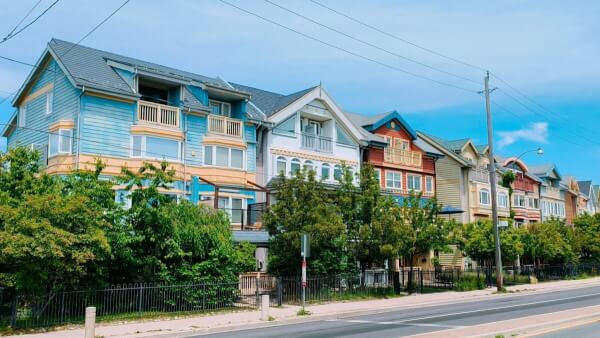
Read our comprehensive UK guide to buying property in Canada as a foreigner, including average prices, fees, taxes and where to start house hunting.

Read our comprehensive UK guide to buying property in Indonesia as a foreigner, including average prices, fees, taxes and where to start house hunting.
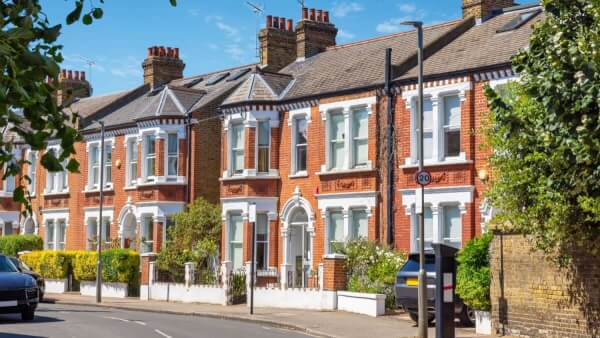
Read our comprehensive guide for non-residents selling UK property, including fees, taxes and timescales.
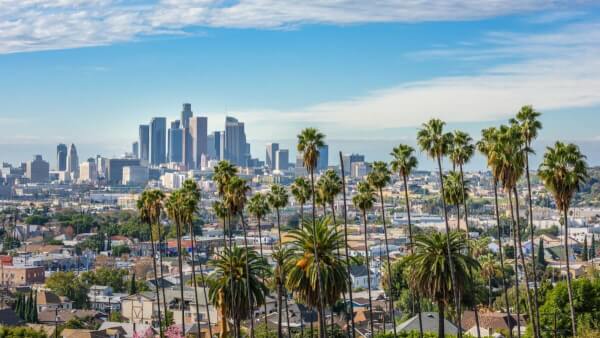
Read our comprehensive guide to selling property in the US, including fees, taxes, timescales and a step-by-step guide to the process.

Read our comprehensive guide to selling property in Switzerland, including fees, taxes, timescales and a step-by-step guide to the process.
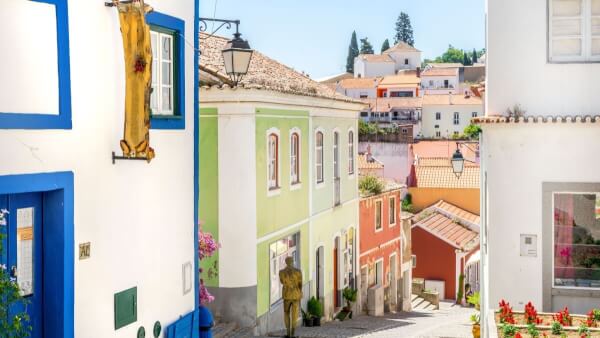
Read our comprehensive guide to selling property in Portugal, including fees, taxes, timescales and a step-by-step guide to the process.